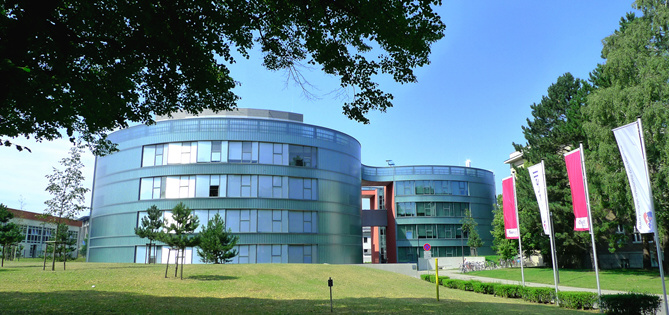Cancers (Basel) . 2020 Dec 16;12(12):3789. doi: 10.3390/cancers12123789.
Neural Networks Recapitulation by Cancer Cells Promotes Disease Progression: A Novel Role of p73 Isoforms in Cancer-Neuronal Crosstalk
Logotheti S, Marquardt S, Richter C, Hain RS, Murr N, Takan I, Pavlopoulou A, Pützer BM
Mechanisms governing tumor progression differ from those of initiation. One enigmatic prometastatic process is the recapitulation of pathways of neural plasticity in aggressive stages. Cancer and neuronal cells develop reciprocal interactions via mutual production and secretion of neuronal growth factors, neurothrophins and/or axon guidance molecules in the tumor microenvironment. Understanding cancer types where this process is active, as well as the drivers, markers and underlying mechanisms, has great significance for blocking tumor progression and improving patient survival. By applying computational and systemic approaches, in combination with experimental validations, we provide compelling evidence that genes involved in neuronal development, differentiation and function are reactivated in tumors and predict poor patient outcomes across various cancers. Across cancers, they co-opt genes essential for the development of distinct anatomical parts of the nervous system, with a frequent preference for cerebral cortex and neural crest-derived enteric nerves. Additionally, we show that p73, a transcription factor with a dual role in neuronal development and cancer, simultaneously induces neurodifferentiation and stemness markers during melanoma progression. Our data yield the basis for elucidating driving forces of the nerve-tumor cell crosstalk and highlight p73 as a promising regulator of cancer neurobiology.

Kontakt
Institut für Experimentelle Gentherapie und Tumorforschung
Core-Facility Virale Vektor & Genom-Editing Technologien
Biomedizinisches Forschungszentrum
Schillingallee 69
D-18057 Rostock
Sekretariat
Ingrid Winkler
(+49) 381 494-5066(+49) 381 494-5062
ingrid.winkler@med.uni-rostock.de
Department Leben, Licht & Materie
Forschungsbau LL&M
Albert-Einstein-Str. 25
D-18059 Rostock
Forschungsbau LL&M
Albert-Einstein-Str. 25
D-18059 Rostock




